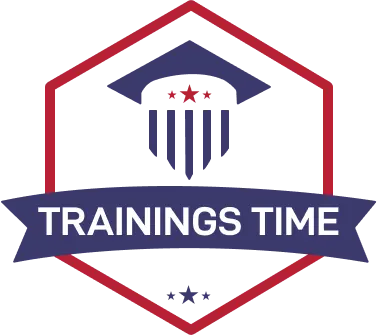The US Department of Labor has stepped up its enforcement efforts in this area in part by adding investigators. Wage and hour lawsuits are on the rise and often end up costing employers multi-millions of dollars. In addition to the unpaid wages, you can end up owing the same amount in liquidated damages that’s right, double the amount of unpaid straight time and overtime pay. If that’s not enough, as long as an employee wins even one penny of unpaid wages, you can also be on the hook for the employee’s attorney fees. Since many wage and hour cases are class action lawsuits, the number of money damages can multiply exponentially. While employers have a basic understanding of wage payment issues, dealing with supplemental pay can present its own challenges.
According to Robert Boonin, an attorney in Michigan, for the most part, an employee’s exempt status is determined by the employee’s primary duties and whether those duties are exempt. Now, the DOL’s new overtime rule concerning the specific exempt positions may require employers to reclassify their employees. The main component of these rules is that the salary threshold will increase, pushing many otherwise exempt employees into the non-exempt (aka overtime eligible) category.








